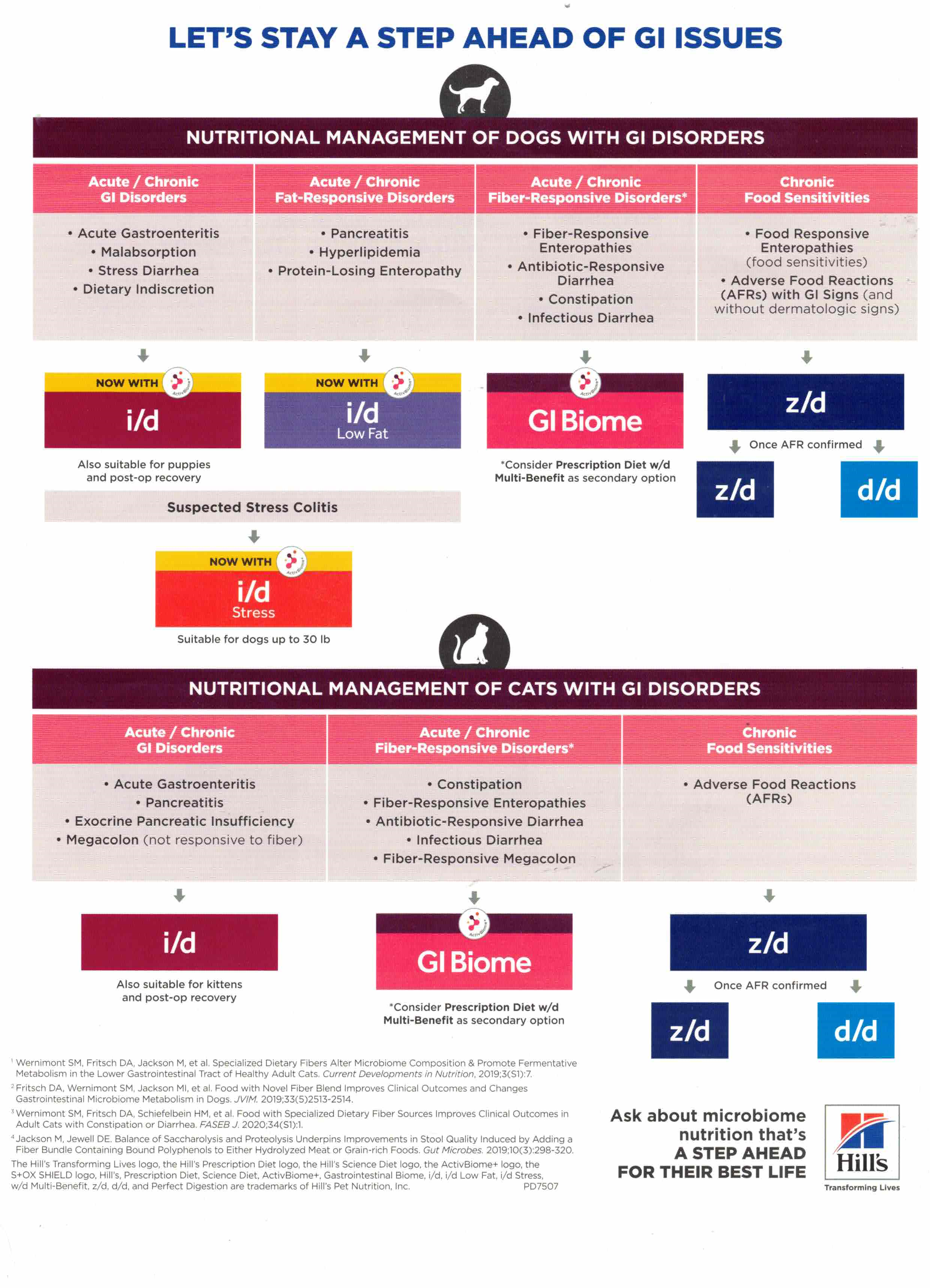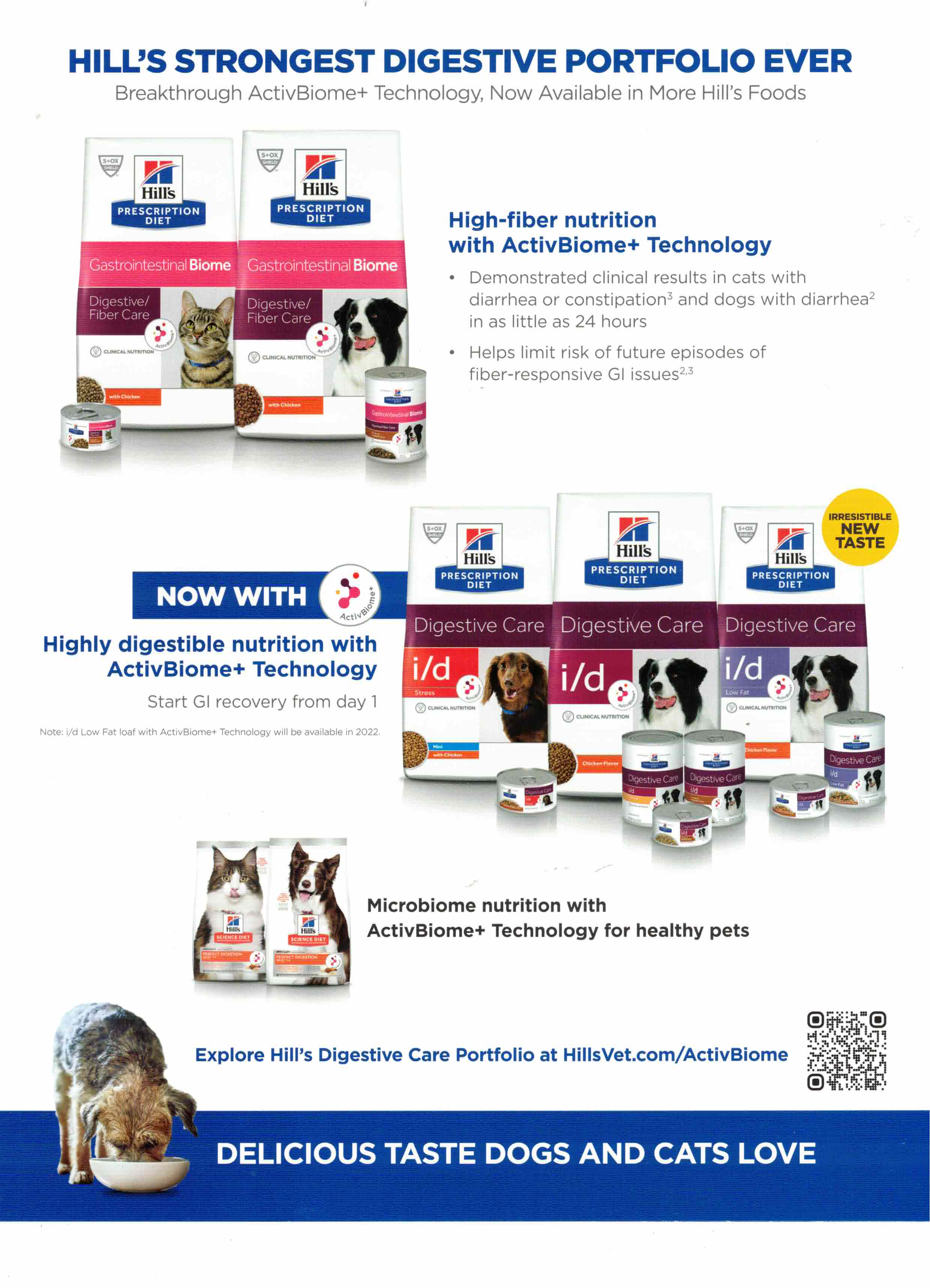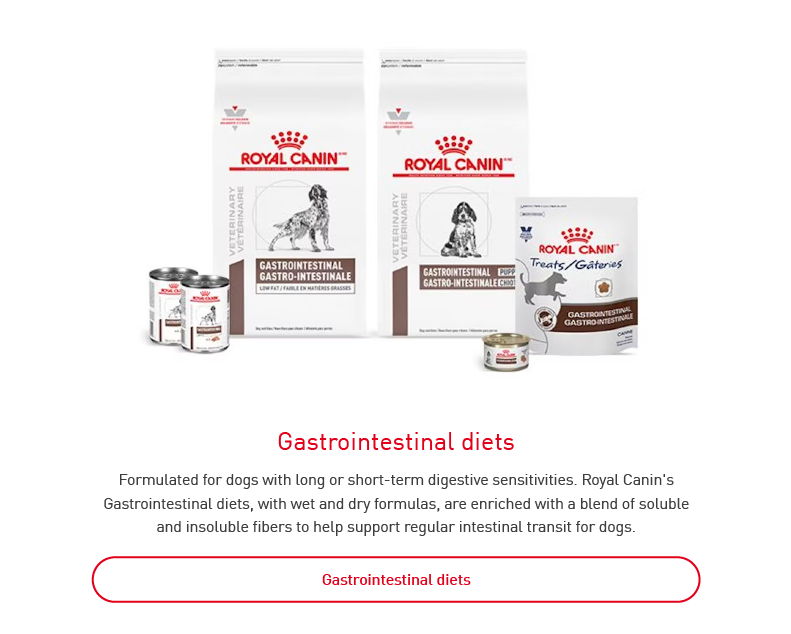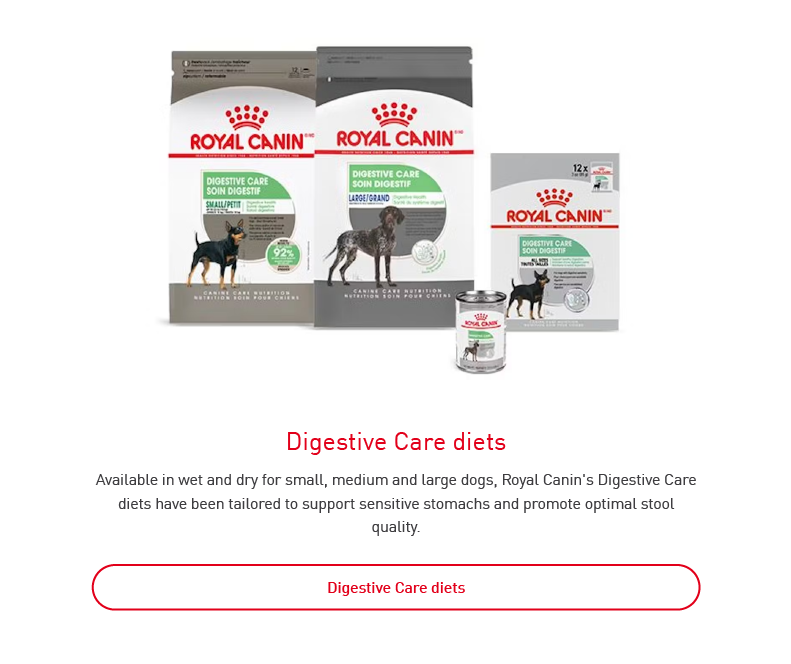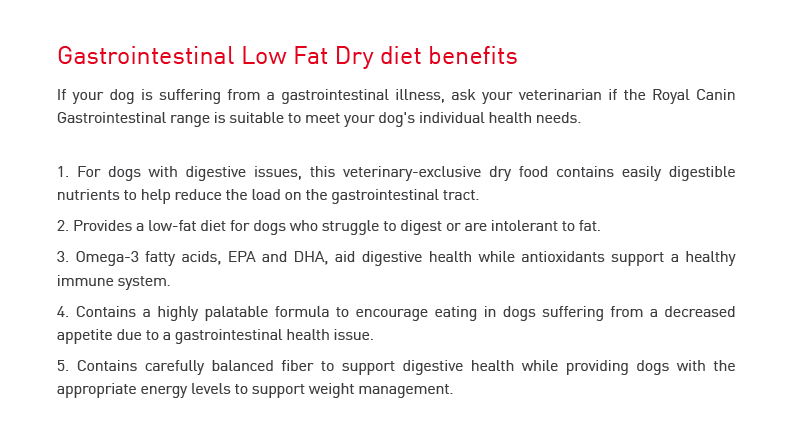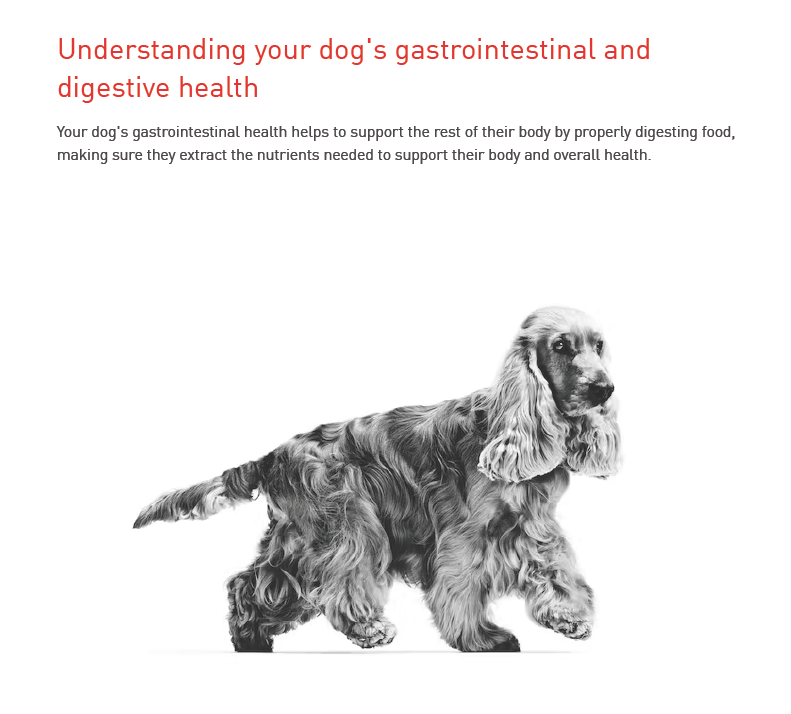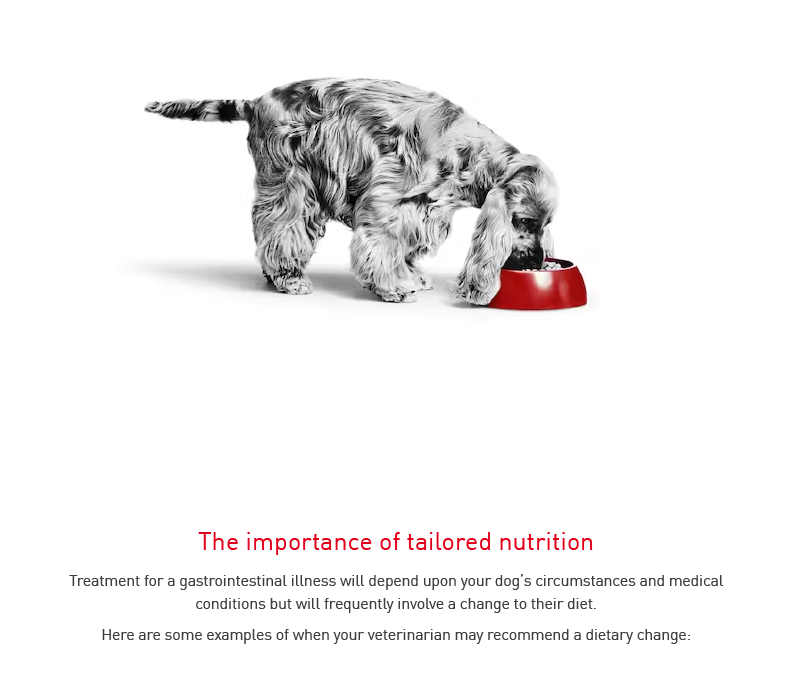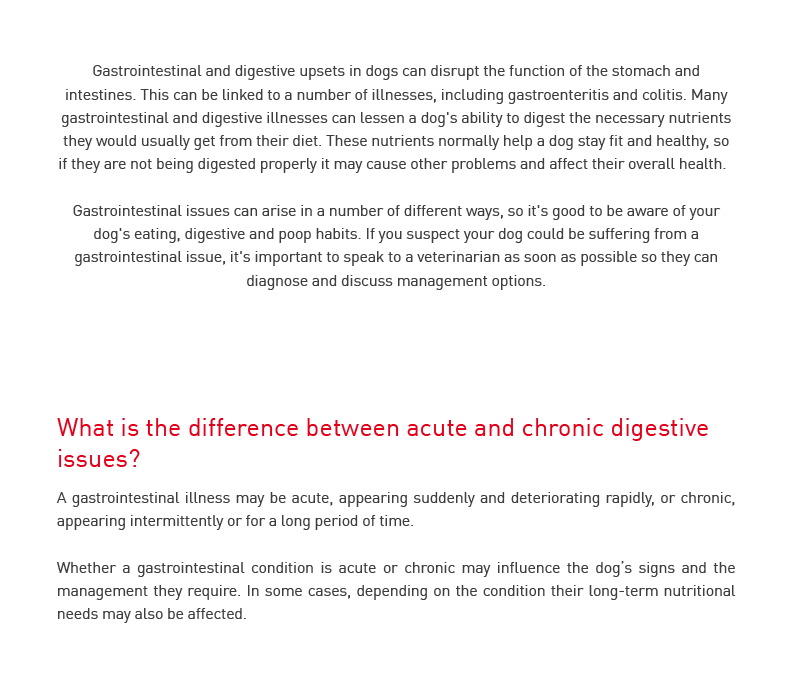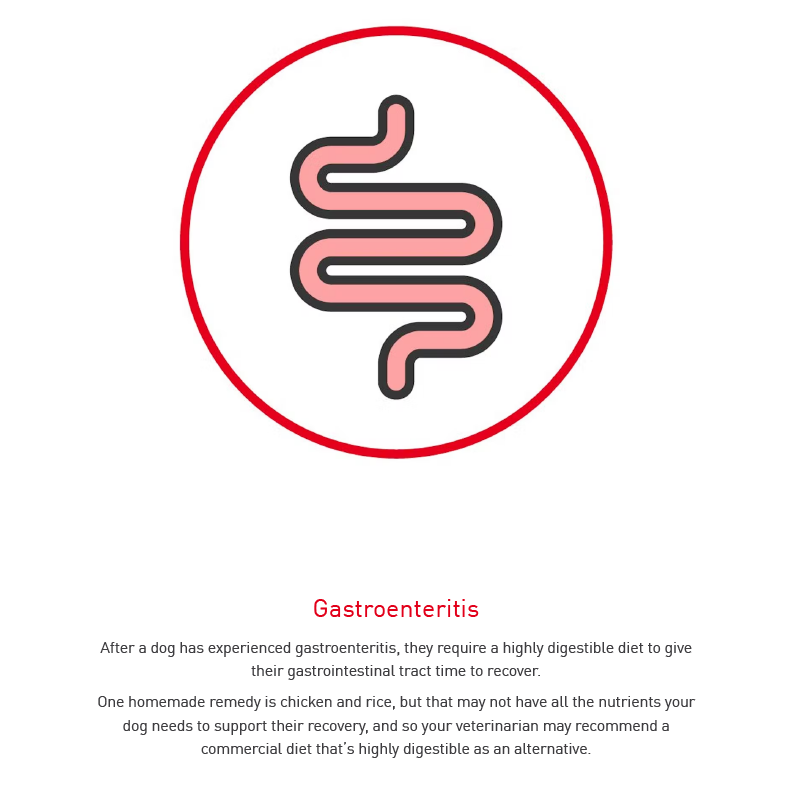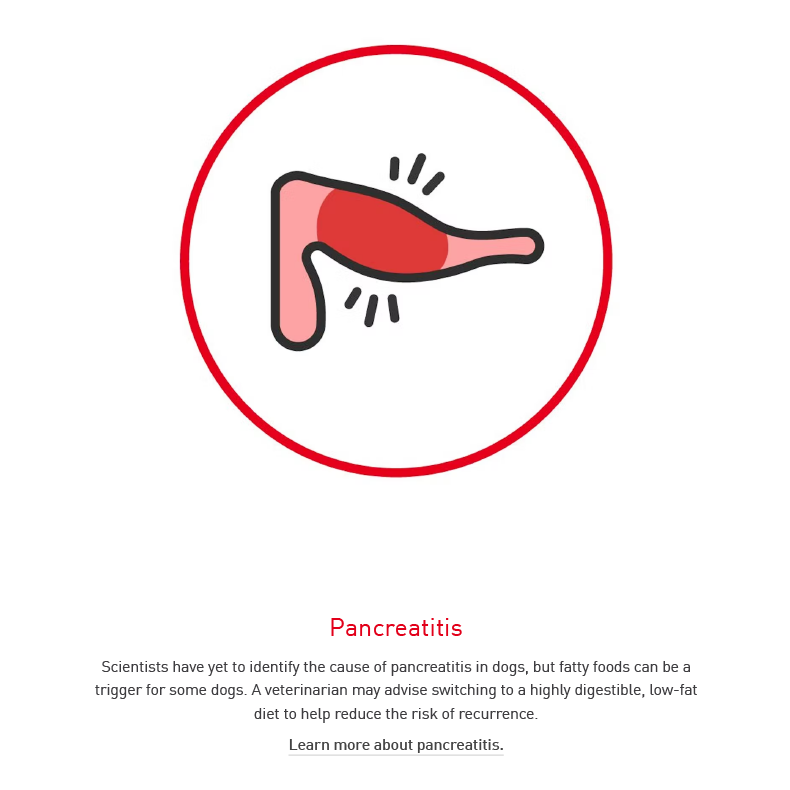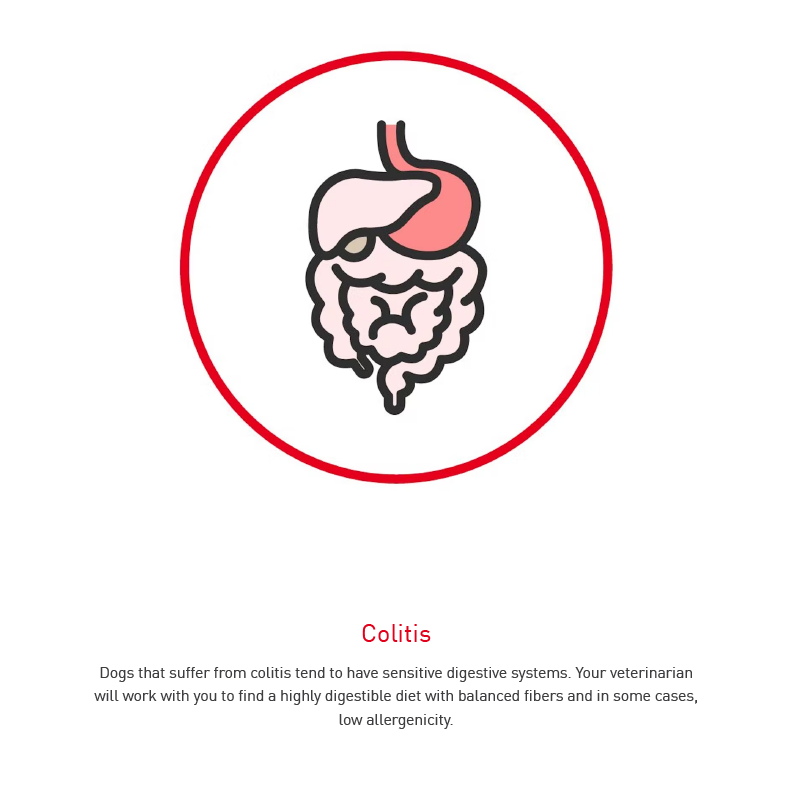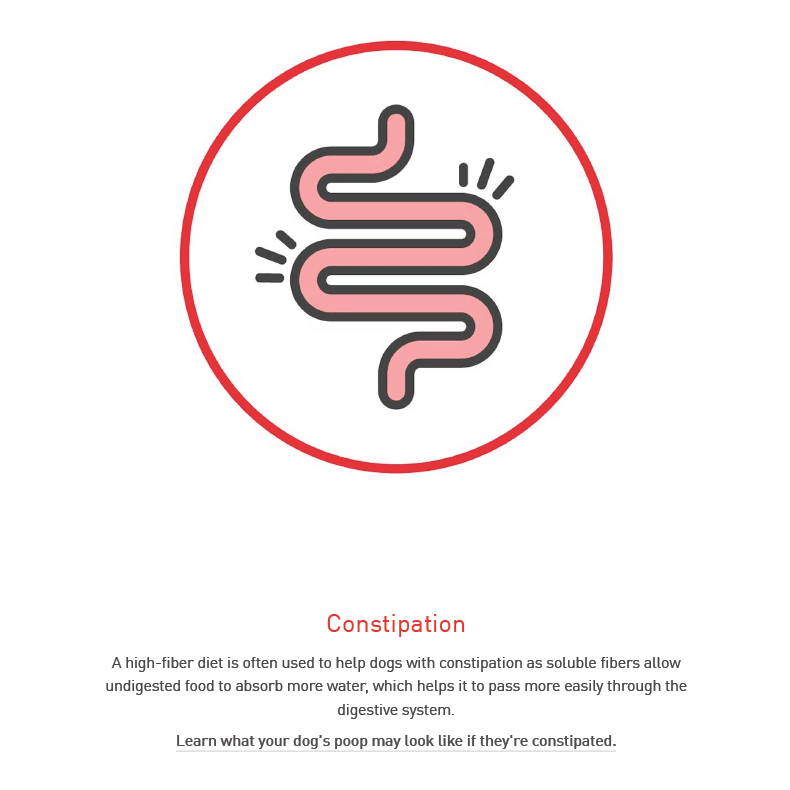
Diets
Recommended Foods
We do not recommend grain-free diets
A recent report from the FDA has suggested a direct link to grain free diets & an increased risk of heart disease, specifically dilated cardiomyopathy.
We do not recommend any raw-based diets
“The AVMA discourages the feeding to cats and dogs of any raw animal proteins because of the risk of illness to cats and dogs, as well as humans. Several studies in scientific journals have demonstrated that raw or undercooked animal-source protein may be contaminated with a variety of pathogenic organisms, including Salmonella spp.”
“The nutritional adequacy statement is perhaps the most important part of a label. It is the key to matching a pet’s nutritional needs with a product.” Only feed diets that are “Complete and Balanced” by AAFCO standards and are for your pets’ correct life stage. Recognized life stages are gestation/lactation, growth, maintenance, and all life stages. AAFCO DOES NOT approve, certify or otherwise endorse pet foods.
AAFCO has great explanations on food labels and by-products that every pet owner should consider when choosing a pet food!
How much to feed your pet?
Every animal, like every human, is different!
We recommend using a Calorie Counter to get a good estimate!
Calories may be listed as kilocalories or Kcals and should be on the side of your pets food. If you have trouble finding it, the seller and manufacturer website should contain this information.
Check the Body Condition Score Charts below to see if your pet is overweight.
“Recommendations and Guidance
✫ Regular monitoring of body weight and body condition score is important for successful weight management.
✫ Based on progress, adjustments in daily food and activity recommendations may be required to reach ideal weight with a healthy rate of weight loss for dogs of 1-2%, and cats 0.5-1% of body weight per week.
✫ Treats should not exceed 10% of total daily Calories”
– Pet Nutrition Alliance
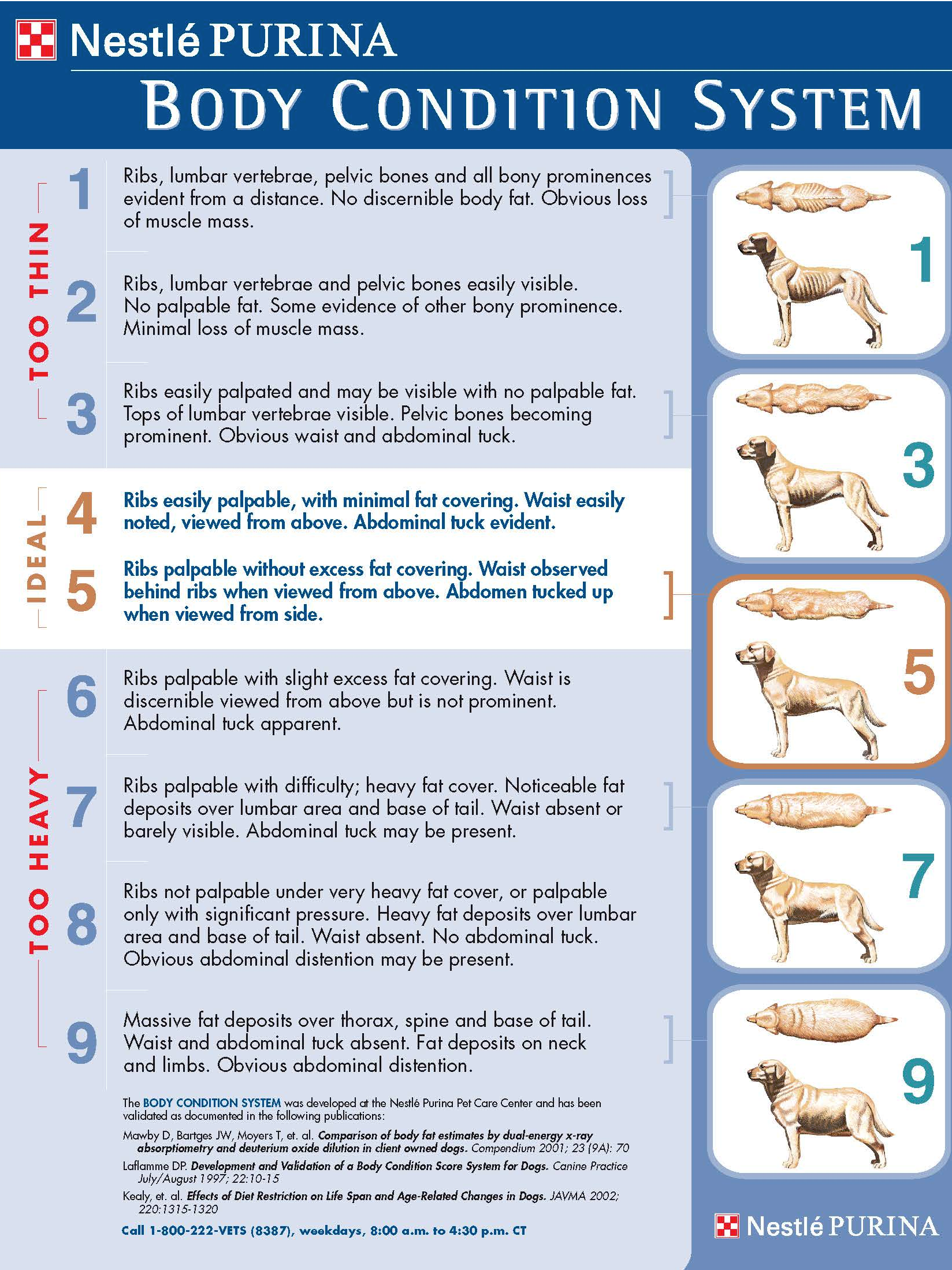
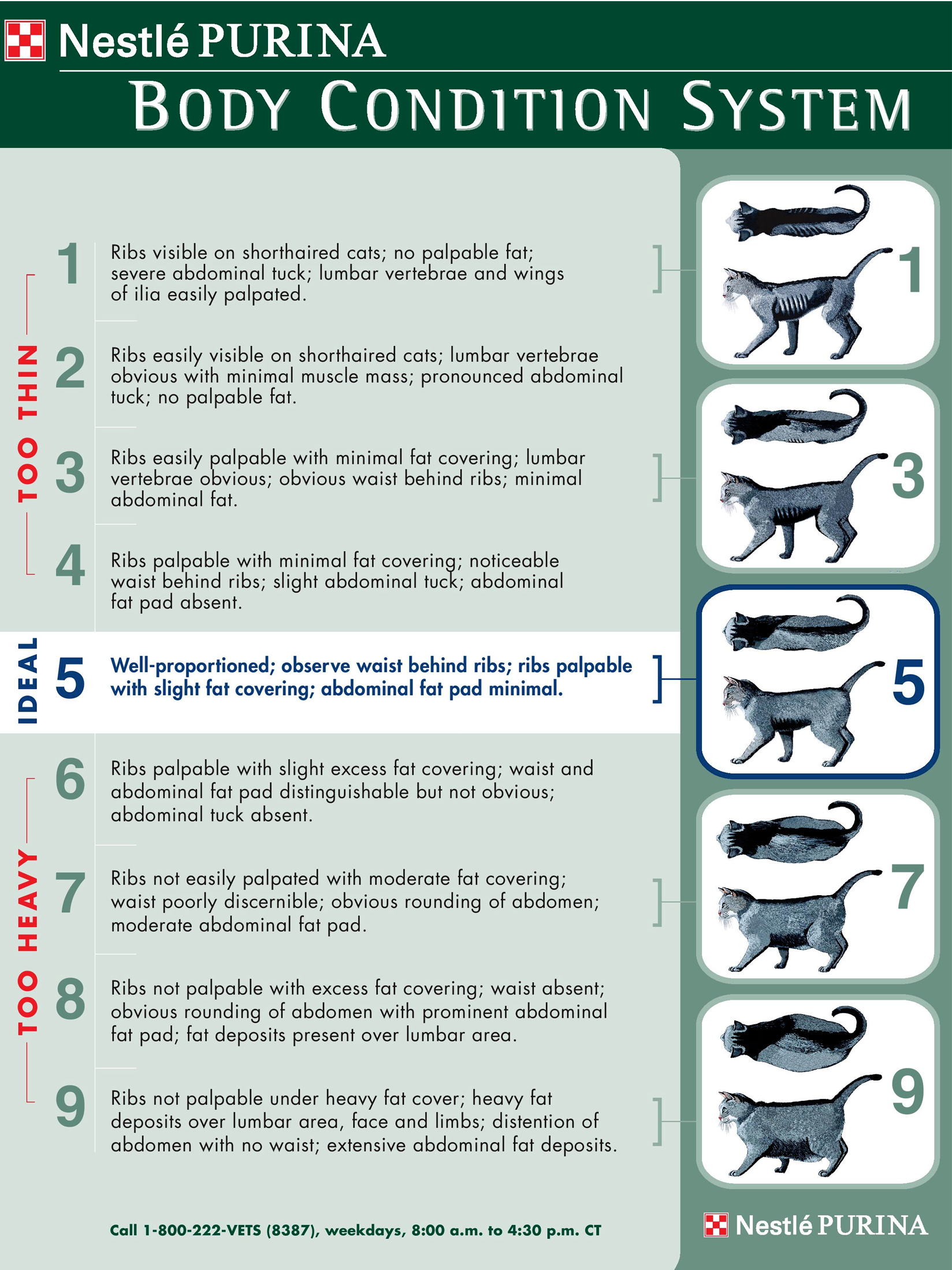
Switching Diets
It is best to switch diets slowly to avoid stomach upset, such as vomiting and diarrhea/loose stools. We typically recommend a 2 week switch, but a one week switch works well for dogs without previous GI problems.

Probiotics can also help potential stomach upset when transitioning food to ensure flora remains regulated in the gut.

